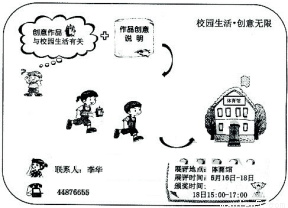题目内容
We still have a long way to go _________ our project has been carried out smoothly so far.
A. now that B. so that
C. as though D. even though
 天天向上一本好卷系列答案
天天向上一本好卷系列答案 小学生10分钟应用题系列答案
小学生10分钟应用题系列答案Lowest Book Prices Shop the Kindle Store for millions of books, newspapers, and magazines. Over a million titles are priced at $4.99 or less. Over 1,700,000 titles are $9.99 or less. | HD Magazines Our new and improved interactive magazine experience allows you to start reading in just a few seconds with access to any back issue at any time. Plus, all Kindle Magazines come with a 30-day free trial. |
Share with Friends on Goodreads NEW—Find your next favorite book. Now the world's largest e-reading community can connect with the world's largest community of book lovers. Join over 20 million other readers and see what your friends are reading, share highlights, and rate the books you read with Goodreads on Kindle. | Exclusive Kindle Titles Hundreds of thousands of Kindle exclusive titles that you won't be able to find anywhere else, including books by best-selling authors such as Kurt Vonnegut, Ian Fleming, Oliver P?tzsch, and Clive Barker. |
Kindle MatchBook NEW—For thousands of qualifying books, your past, present, and future print-edition purchases will soon allow you to buy the Kindle edition for $2.99, $1.99, $0.99, or free. | Read-to-Me With Text-to-Speech, Kindle Fire can read English-language content out loud to you, when available from the publisher. |
Textbooks for Less College is expensive, but textbooks don't have to be. Save up to 80% when you rent and up to 50% when you buy Kindle eTextbooks. |
1.One of the benefits mentioned in HD Magazines is that____________.
A. you can read Kindle Magazines with a 30-day free trial
B. readers can read magazines at any time and at any place
C. readers can only look through just a few magazines given
D. readers can take back issues home free of charge
2.What do you think of Ian Fleming?
A. A seller. B. A film. C. A book. D. A writer.
3.How much will the reader probably save if he or she wants to buy Kindle eTextbooks at most?
A. 20 %. B. 50%. C. 58%. D. 80%.


